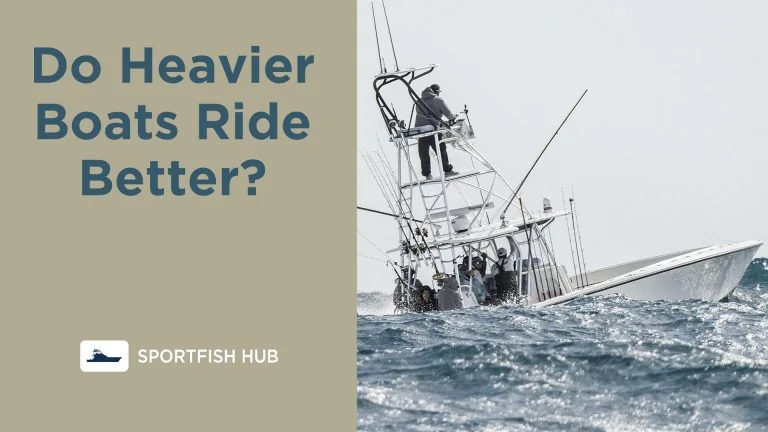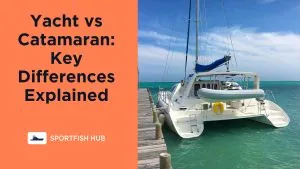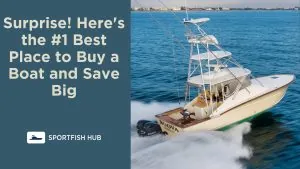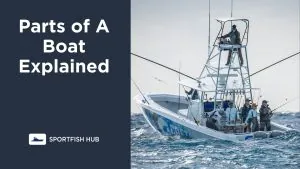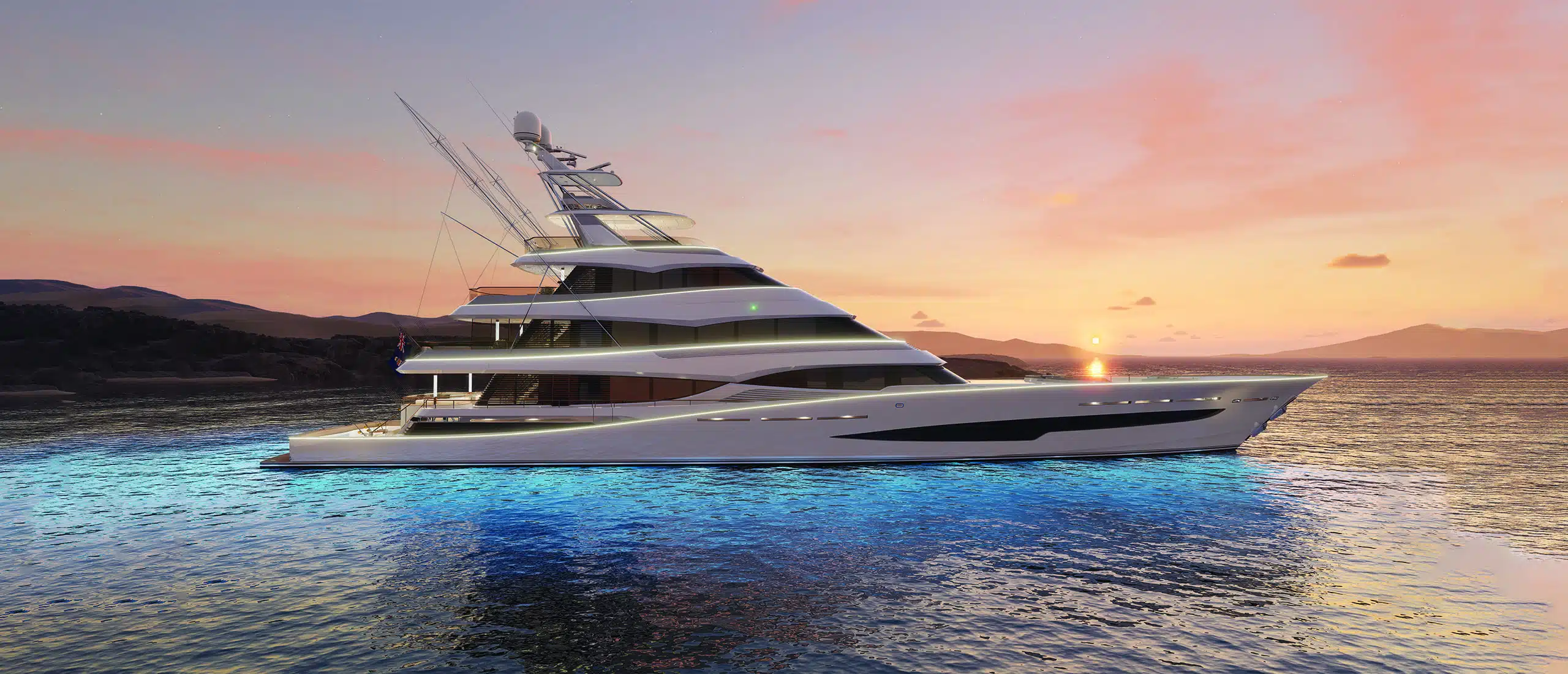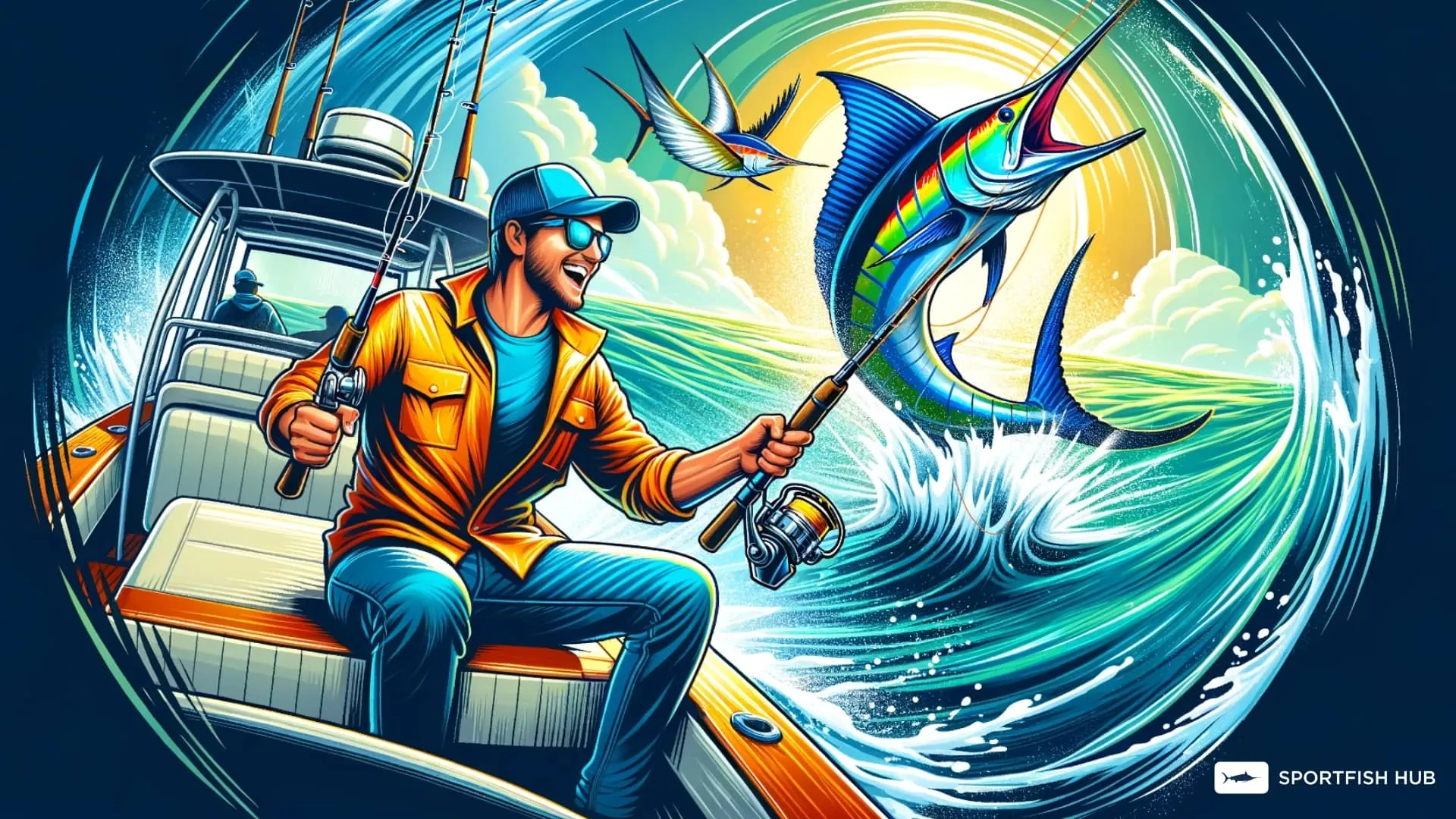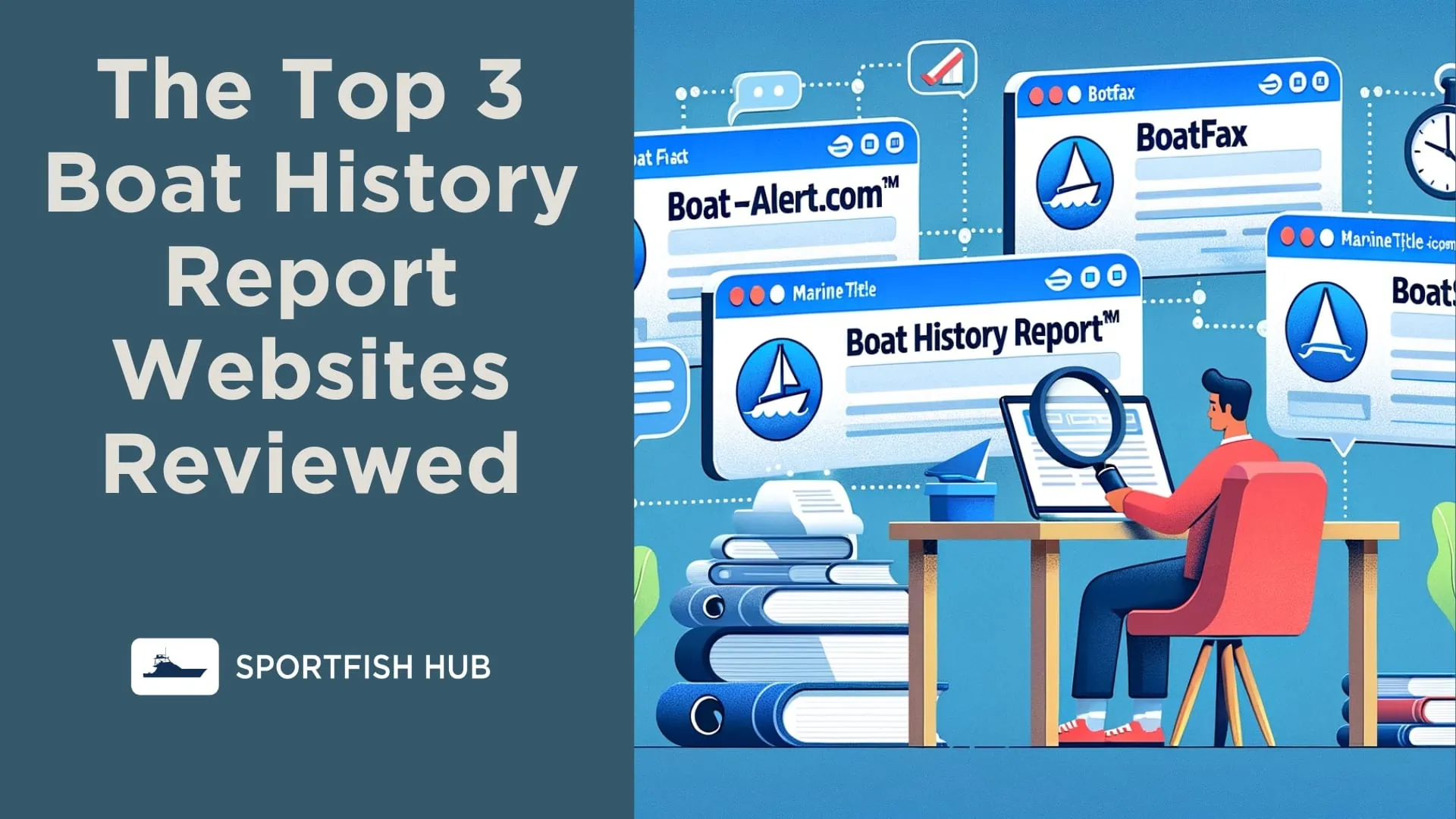The question of whether heavier boats provide a better ride is one that many boaters ponder. There are pros and cons to heavier boat hulls, and the answer depends on your boating needs. This article examines the factors that determine ride quality to help you decide if a heavier boat is better.
See Also: The Best Boats For Rough Seas.
Weight and Stability
- Heavier boats tend to be more stable in rougher waters due to having:
- A lower center of gravity
- Increased inertia that resists rolling motions
- The ability to cut deeper into waves
- Heavy displacement hulls don’t get tossed around as easily by wind and waves. The lower center of gravity and inertia that comes with more weight provides increased resistance to the rocking forces of waves and swells. This helps heavier boats maintain course better when navigating open waters.
Weight and Wave Impacts
- Heavier boats absorb wave impacts better because of physics – their increased mass means they have more momentum.
- The greater momentum of heavy boats resists changes in speed caused by waves. When a lightweight boat crashes into an oncoming wave, it rapidly decelerates. The heavier boat resists the slowing effects of the wave due to its momentum.
- Light boats speed up and slow down rapidly as they crest and crash through waves. Without the dampening effect of mass, they are in constant acceleration and deceleration mode in choppy seas.
Weight and Ride Comfort
- Pounding after wave impacts is reduced in heavier boats. The increased damping effect smooths out the after-impact rebound.
- Heavier hulls tend to have a smoother vertical ride over swells. Their mass and momentum allows them to cruise over wave crests and troughs with less of the bouncy feel.
- Light boats can bounce and jar more over choppy seas. Without weight and inertia to absorb wave energy, the ride can be harsh and jarring.
Maneuverability Considerations
- Heavy boats require more power to achieve planing speeds. More mass means more horsepower is needed to transition the hull onto plane.
- Light boats plane quicker and transition onto plane smoother. With less inertia to overcome, they get up on plane rapidly.
- Heavier boats have more momentum making them less nimble. Quick steering inputs produce slower course changes compared to light hulls.
- Light boats turn and change direction more easily. Their responsiveness lends better handling for navigating tight spaces.
Other Factors Affecting Ride
While weight plays a role, other design factors significantly impact ride quality including:
| Design Factor | Effect on Ride Quality |
|---|---|
| Hull shape and deadrise | Deep V hulls pound less than flat bottomed skiffs |
| V-hull versus catamaran hulls | Catamarans can provide a drier ride |
| Bow flare and entry shape | A fine entry slices through waves better |
| Length overall (LOA) | Longer waterline length improves tracking |
| Beam width | Wider beam increases roll stability |
| Transom and running surface design | Pad keels provide lift when planing |
| Engine and propulsion type | More power and thrust smooths out the ride |
Best Uses for Heavier Hulls
Heavier hulls tend to perform best when:
- Frequent rough water operation – Cut through swells with less jarring
- Carrying heavy loads for extended periods – Maintain trim better with more weight
- Slow speed operation and seakeeping are priorities – Increased inertia improves tracking
- Minimal crew fatigue is desired – Smoother motions reduce fatigue
Best Uses for Lighter Hulls
Lighter hulls tend to excel when:
- High speed performance is needed – Accelerate and plane faster
- Quick planing or hole shot is desired – Lightness aids hole shot
- Frequent towing, beaching, or trailering – Easy to manuever when not floating
- Easy launching is needed – Less weight to wrestle at the ramp
- Tight maneuvering is required – Quickly dart into spaces
Summary
So in summary, heavier hulls generally provide a smoother and more comfortable ride in adverse sea conditions, while lighter hulls offer performance advantages like speed, acceleration, and maneuverability. Consider your typical boating environment and priorities to determine if heavier or lighter is better for your needs.

